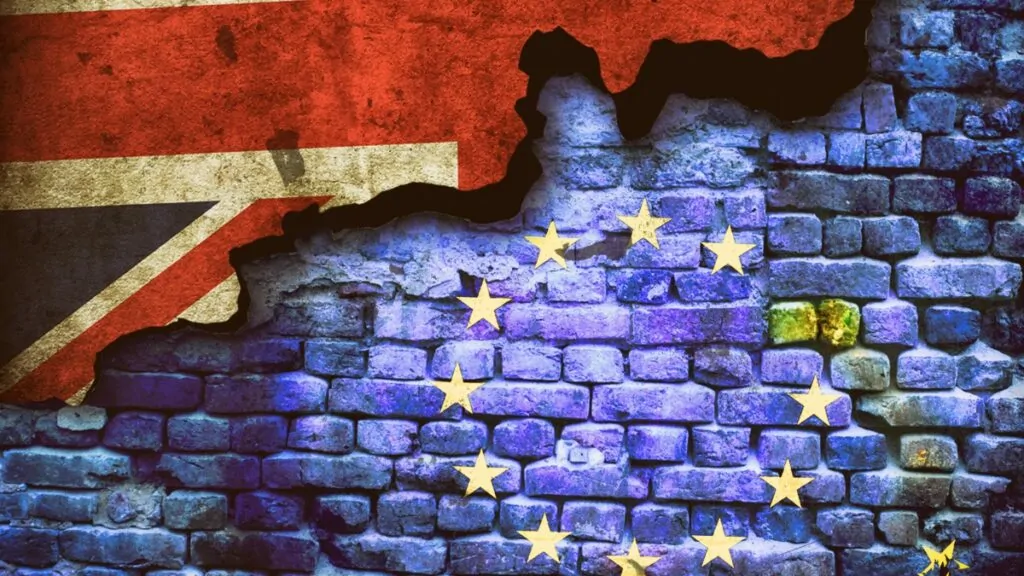The phrase Frontier Worker might sound romantic, conjuring up images of Star Trek adventures, or perhaps it reminds you of our frontline workers who have been so courageous in their fight against the ravages of Covid 19. Unfortunately, the reality of frontier working is less exciting but nonetheless extremely important.
The Home Office has defined frontier workers as being European Economic Area (EEA) nationals who live in the EU but work in the UK. They can be employed, self-employed or hold retained rights of residence (meaning they were previously considered a worker under the old EU Regulations in place before Brexit). They must travel back to their country of residence at least once in six months or twice in 12 months, or they must not have been in the UK for more than 180 days in the last 12 months. There are two key dates that people who think they might be frontier workers must consider:
- you will only be a frontier worker if you were working in the UK before 31 December 2020;
- you can only continue to enter the UK as a frontier worker after 1 July 2021 if you have obtained a Frontier Worker permit.
Frontier Worker permits are purportedly straightforward enough to apply for (being done online or with a smart phone app) and are free of charge. What is not known is how long it will take for permits to be issued, meaning that anyone who thinks they will need one after 1 July 2021 should apply now to ensure they are not scrambling for one before 1 July 2021.
Procedural niceties aside, what is most striking about the Frontier Worker status created by the government because of Brexit, is how very shortsighted it is. Freedom of movement, cheap flights, the Eurostar and remote working technologies have all contributed hugely to EEA nationals being able to work wherever they want in Europe while living in another country. These workers all contribute to both their home economy and the economies of the countries they work in, they also drive international travel. The Home Office has slammed the door on any of these workers being able to work in and contribute to the UK unless they happened to be working here prior to 31 December 2020. The group that will be most affected by this shut door will be young people who have not yet had the opportunity or experience to work in an international environment. Yet it is the younger workforce who are most often the innovators, the entrepreneurs and the creatives. By shutting the door on their being able to flexibly work in the UK we are doing nothing to secure our borders but a great deal to damage economic growth and creativity.
brexit, european union, immigration and employment, worke, brexit, european union, immigration and employment, worke, brexit, european union, immigration and employment, worke, brexit, european union, immigration and employment, wor
